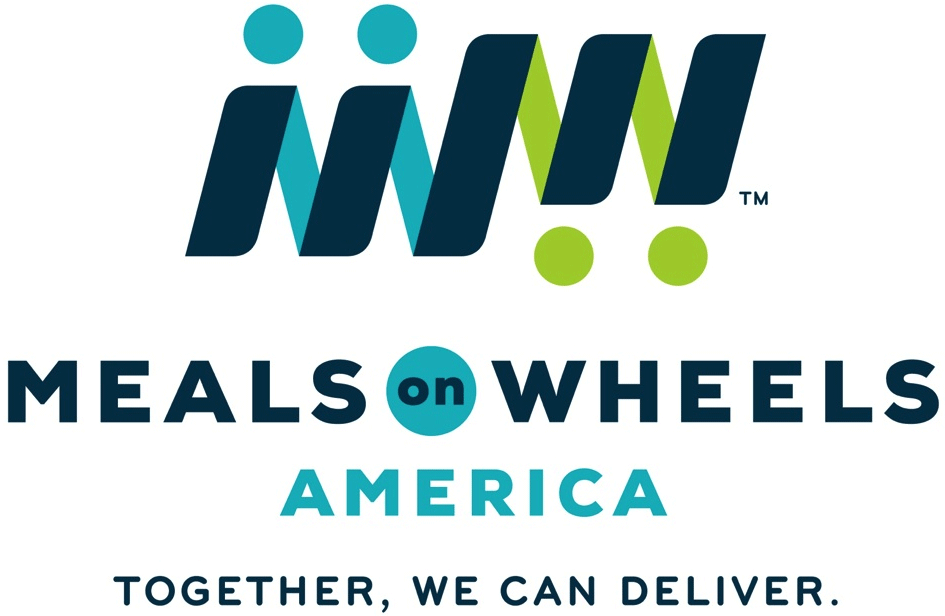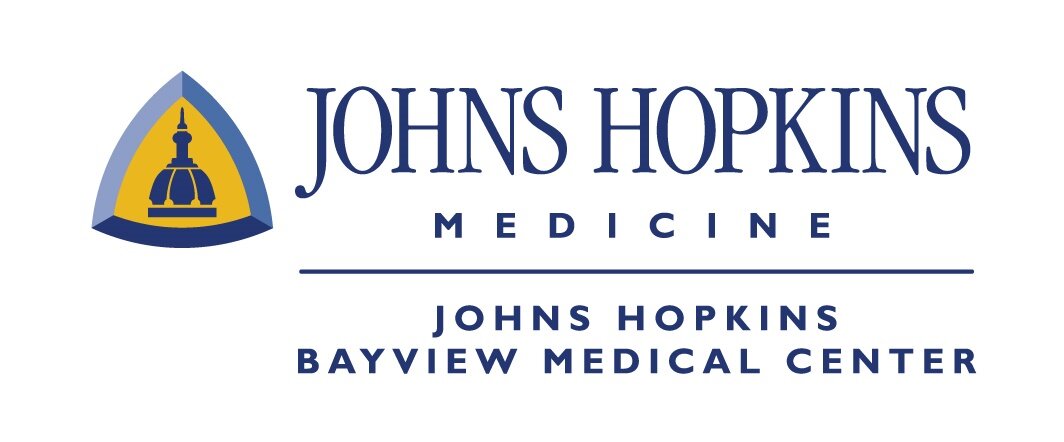Health and Human Services
Together in Care Meal Delivery Program
Location: Baltimore, MD
Status: Complete
There is increasing recognition that access to nutritious food is essential to health, and Meals on Wheels America has made a concerted effort over the past decade to bolster this evidence base and better integrate its members’ services with traditional healthcare delivery. One such partnership has been with Johns Hopkins Bayview Medical Center, which partnered with both Meals on Wheels America and Meals on Wheels Central Maryland, to pilot the “Together in Care” program that launched in February of 2019.
Problem
Johns Hopkins Bayview Medical Center sees the value in expanding this program to address food insecurity within the 90 days post-hospital discharge for high-risk patients, which is envisioned as a way to reduce hospital readmissions through improved nutrition and care coordination services. Due to the global budgeting approach for hospitals in Maryland, however, perverse incentives impede both direct investment and outcomes-based repayment strategies.
Approach
Working with the Maryland Health Services Cost Review Commission (HSCRC) and other program partners, Quantified Ventures is now assessing the viability of leveraging a new initiative—the Total Cost of Care (TCOC) Model—which enables the HSCRC to reward hospitals that create innovative care transformation initiatives that quantifiably generate Medicare savings. With this new mechanism as a source of repayment to external investors, Quantified Ventures is working to build an outcomes-based transaction that not only extends the Together in Care program, but also expands its reach to other hospitals and patients.
Impact
Already, Together in Care has served nearly 100 highly complex patients with a variety of health-related social needs. With program expansion and extension through outcomes-based financing, hundreds more seniors will be served and connections will be made to critical community resources. For patients, this will translate into improved nutrition and enhanced care coordination and quality. For the hospitals involved, the program will provide an important opportunity to reduce readmissions and emergency department visits and increase capture of quality performance payments.
Additional Materials
Effective Partnerships Between Community-Based Organizations and Healthcare: A Possible Path to Sustainability Full Report (2018, PDF)






